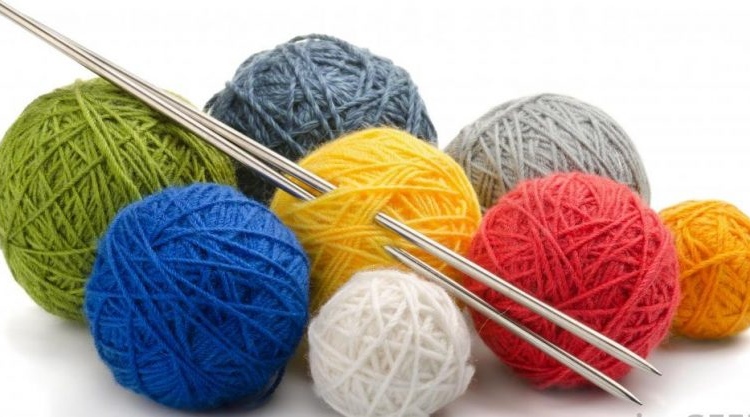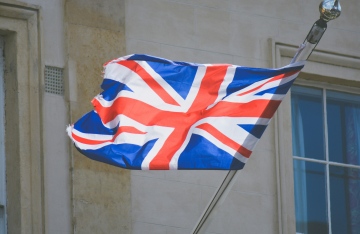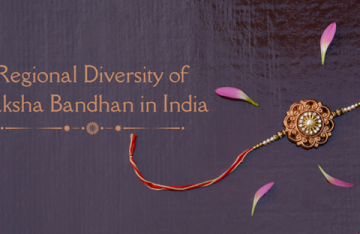Ask a room full of knitters which is the best needle and you are guaranteed to have a multitude of conflicting answers! Buying knitting needles is kind of like buying a pair of shoes…I may covet a pair of wedges to compliment a pretty summer sundress but it’s a high quality flat that’s going to get me through the long days on my feet! The choice of needle may vary depending on the fiber being worked or how the needle feels in your hand. Know that there really isn’t a wrong choice, it’s all about what works for you and your project.
Types of Needles:
Remember the long aluminum needles we used to use, in the pastel rainbow of colors? They were the needle of choice for so many years and if someone could come up with a good secondary use for them, I would be so psyched! They have lost favor in part because of the slipperiness and length. The length of the needle puts unnecessary stress on the wrists (aggravating any issues with arthritis, tendinitis, etc.)
To replace the old aluminum variety, there are a multitude of new choices and styles. Let’s start the discussion with the material used to form the needle.
The first category of needles is the wooden needle (bamboo, birch, ash, rosewood, etc.). These are most often highly polished and warm in the hands. They hold on to the yarn well and don’t tend to be as slippery as their metal and plastic counterparts.
The next category is the plastic, or acrylic, needle. The quality in this particular category varies significantly. There are some wonderful options though and the smoothness of the acrylics combined with the ability to have a more pointed tip than the wood options make this a desirable choice for some.
Then finally, there are the metal options (stainless steel, nickel plated and aluminum). These needles are smooth and considered the “go to” for faster knitting as the fibers move so freely from needle to needle. The pointed end of a metal needle is often desirable so needles have been made in wood and acrylic with metal tips, the best of both worlds!!
Found the needle type best for your knitting style, then it’s on to figure out the needle style needed to complete the project.
Straight needles (or single points) are the traditional needle choice. This option is great for knitting a project that is worked “flat”, such as a scarf or small blanket or sweater piece.
Circular needles are essential if working a piece in the round, such as an adult hat or infinity cowl. Having the two needle tips attached by a cord allows the knitter to work continuously in the round, eliminating the need for seaming.
It’s also a great option for working a project that has a great deal of stitches, such as a large blanket. By allowing the work to fall on to the cord and the weight transfers to fall between your needles, it eliminates undue stress on the wrists and hands.
Double point needles come in a variety of lengths and sizes. They are helpful when working an object that has a small circumference, such as the crown shaping of a hat. They usually come in packages of four or five needles.
There are so many options for needles, it is important to “test drive” the different options before committing to a particular style. The choice may vary also based on the fiber content of the yarn or the weight of the yarn.
Love a metal needle for silk but maybe wood is the choice for a cotton blend. Remember, there is not a right or wrong choice when you buy knitting needles, just what works for you and your project!




